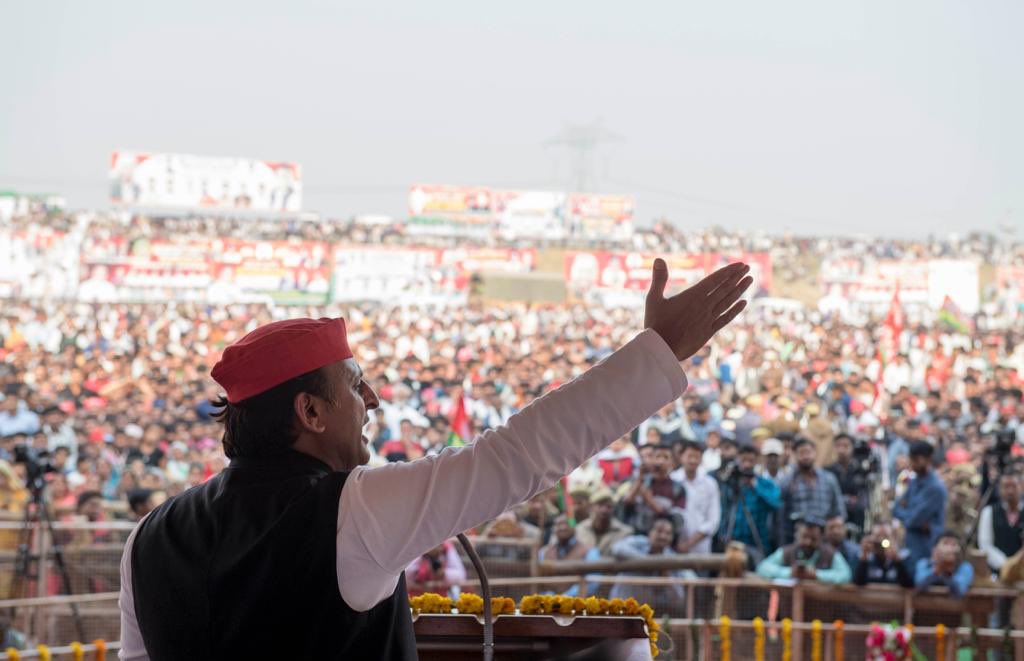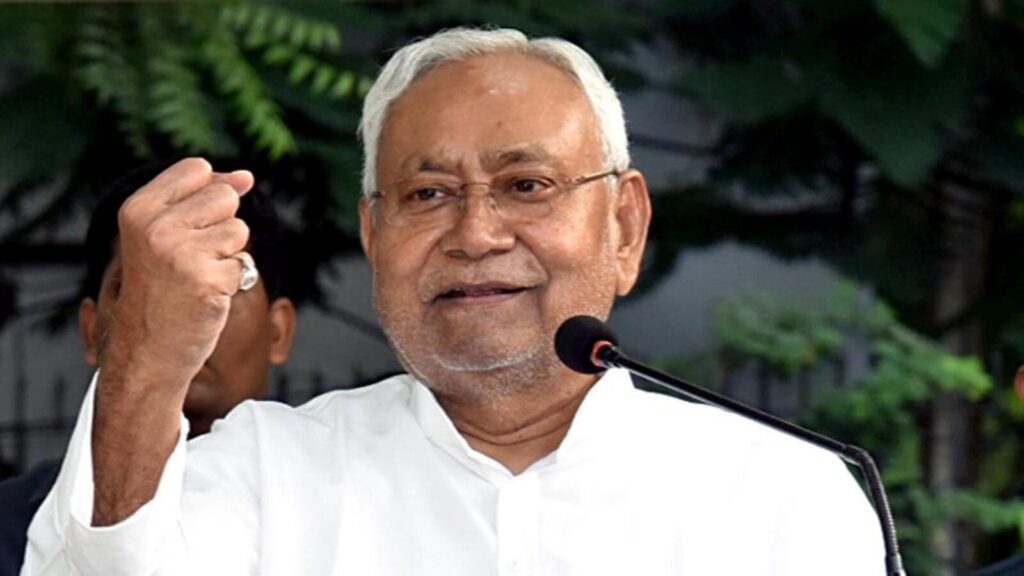Brahmin Villages Unite Against Akhilesh Yadav’s Etawah Stance
In a politically sensitive development, former Uttar Pradesh Chief Minister Akhilesh Yadav faced a symbolic yet sharp protest during his visit to Azamgarh on July 3, 2025. Members of the Brahmin community hoisted black flags outside their homes across multiple villages, registering their anger over Yadav’s controversial stance on the June 17 Etawah incident. The protest marks a rising tension between the Samajwadi Party leadership and Brahmin voters, once considered a floating support base in key districts of eastern UP.
The controversy stems from a high-profile incident involving Pankaj Upadhyay, a Brahmin katha-vachak (spiritual preacher), who was allegedly assaulted by a Yadav family in Etawah. While the accused family claimed that Upadhyay was misbehaving with a woman, his relatives maintained that he suffered a sudden epileptic seizure and was wrongly targeted.
Akhilesh Yadav’s public comments on the case, perceived as defensive of the accused Yadav family, caused major resentment among Brahmins. They allege that Akhilesh failed to approach the matter neutrally, choosing instead to frame the issue in caste-aligned terms. This, they say, added insult to injury and led to the black flag protests that coincided with his arrival in Azamgarh.
Community Demands Apology & Neutral Probe Now
Azamgarh, Uttar Pradesh: Ahead of the inauguration of the Samajwadi Party's new residence and office complex in Azamgarh by SP chief Akhilesh Yadav, members of the Brahmin Mahasabha and Vishwa Hindu Mahasangh staged a protest by displaying black flags at their homes.
— IANS (@ians_india) July 3, 2025
BJP… pic.twitter.com/07DD6NVO4w
The black flags—hoisted across more than a dozen Brahmin-majority villages in Azamgarh—are not just signs of silent resistance, but a strong message of political discontent. Locals clarified that the protest was not anti-Yadav caste, but was specifically against Akhilesh Yadav’s political conduct and perceived bias in the aftermath of the Etawah incident.
Banners and flags adorned rooftops and homes across the region. Some villagers also put up hand-written placards demanding justice for Pankaj Upadhyay and questioning why Akhilesh hadn’t condemned the assault or initiated a fair investigation.
Community leaders stated that the protest was a result of accumulated frustration over what they describe as a pattern of neglect and one-sided political posturing by the Samajwadi Party. They are now demanding a public apology from Akhilesh Yadav and a neutral review of the Etawah case.
Meanwhile, security forces have been deployed across sensitive areas of Azamgarh to ensure that the protests remain peaceful and do not escalate into caste conflict. Political analysts believe this development could dent SP’s image among Brahmin voters, a segment it had been quietly trying to regain.
The black flag protest in Azamgarh not only signals a fractured caste alliance in UP politics but also marks a moment of assertive Brahmin resistance—a community that is now making its discontent visible and vocal.





















